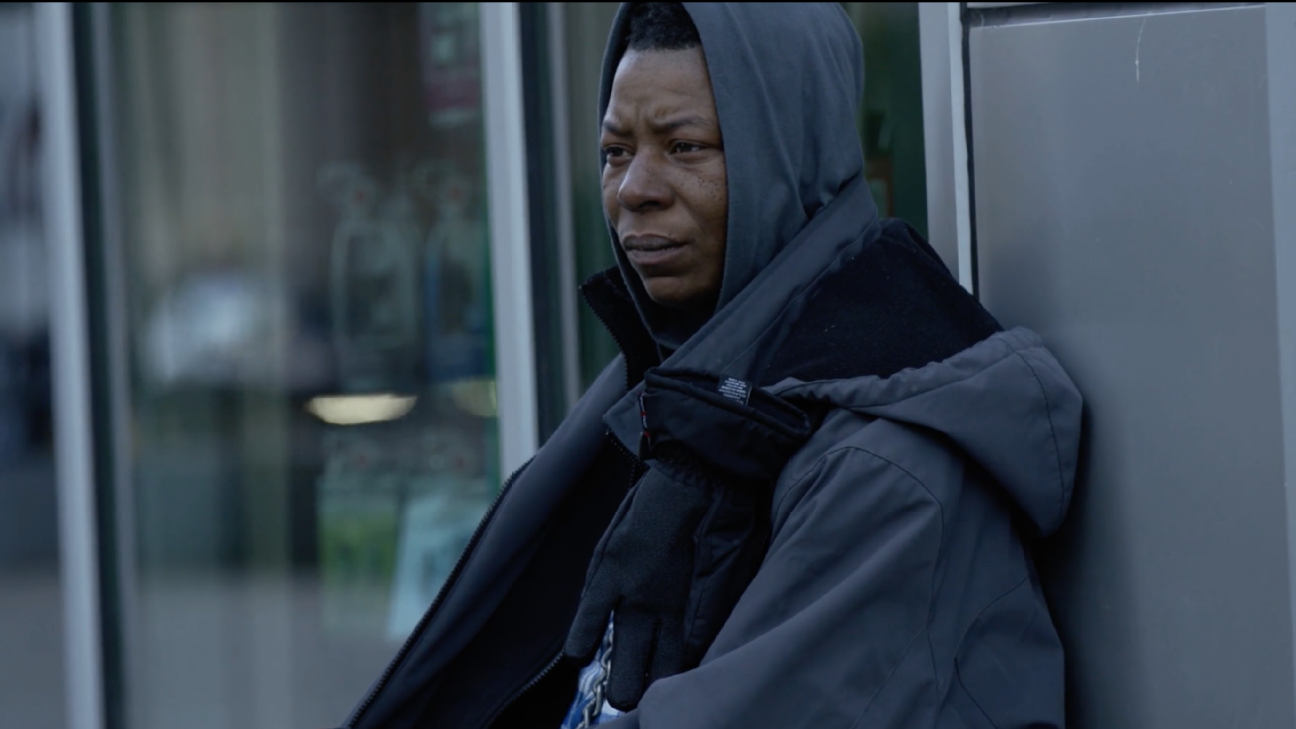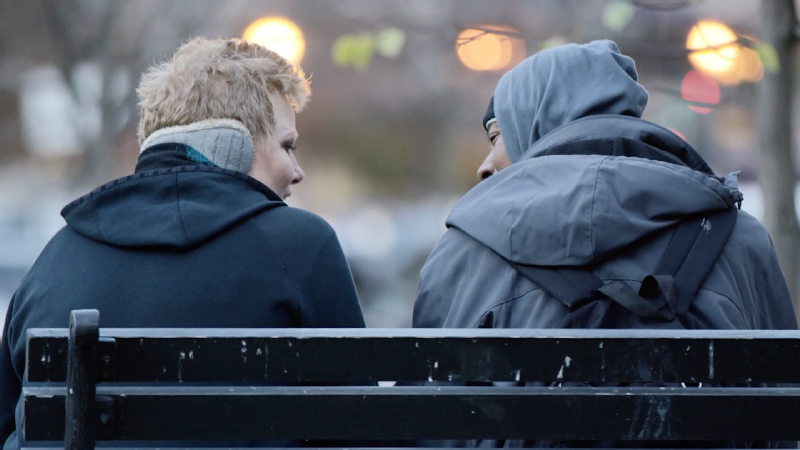You are using an out of date browser. It may not display this or other websites correctly.
You should upgrade or use an alternative browser.
You should upgrade or use an alternative browser.
Schuye LaRue: How mental illness derailed future WNBA star
- Thread starter mamba
- Start date
-
- Tags
- mental illness
More options
Who Replied?Schuye LaRue is living on the streets of Washington, D.C., and she doesn't want your help
She was raised in southeast D.C., living with her mother and brother. As is the case for so many in that area, basketball became her game and her way out.
While Schuye starred at Archbishop Carroll High School in D.C., top college programs came to visit in droves. Everyone wanted the young woman who could play every position. She eventually chose the University of Virginia, which was close to home. And she lit up the court.
She was named ACC Rookie of the Year in 2000 and led UVa to the Sweet 16. The next season, she was a candidate for national player of the year as a sophomore and led the nation in double-doubles. Schuye was the talk of women's basketball, and UVa had great promise with her on the court in what would have been her junior season.
Instead, Schuye went to Venice, Italy, where she says she lived like royalty in an apartment with windows from the floor to the ceiling. Then, just as abruptly as she left Virginia, she came home a year later in 2002.
Here is where Schuye's life makes a dramatic turn. She explains now that she was tired of playing basketball because they were winning so much. And she doesn't know whether family issues caused her downward spiral. Her brother had been shot and killed in a botched drug deal, and her grandfather had also died. Something inside her was gone -- or at least damaged. Was it just basketball?
In the middle of all this chaos at home, Schuye was drafted by the WNBA's Sparks in 2003 and set out for a new life in Los Angeles. But once she got there, the desire to play was gone. Schuye rarely attended practice, and coaches there sent her back to D.C. before she played in a game. That's when her mother, Barbra LaRue, noticed something was wrong.
Schuye's mother didn't want to be interviewed on camera. We spoke on the phone, and then I checked on her during one of our trips to D.C. She told me she had taken Schuye to a doctor, who diagnosed her with schizophrenia and put her on medication. Schuye said the medication made her "weary" and she stopped taking it after a few weeks.
Without medication, Schuye became argumentative and delusional, her mother said. Schuye would also become so belligerent with neighbors that her mother was in danger of being evicted. She told me she had no choice but to put Schuye out to fend for herself in 2006.
Last edited:
malbaker86
Gators
shyt man 
Mental illness should never be taken lightly

Mental illness should never be taken lightly

wasnt there someone in the league that had mental illness too?
malbaker86
Gators
wasnt there someone in the league that had mental illness too?
Royce White you may be referring to? The dude who had a fear of flying or something along those lines??
nah in the WNBA.Royce White you may be referring to? The dude who had a fear of flying or something along those lines??
malbaker86
Gators
nah in the WNBA.
Right. Dawg i believe it was Chamique Holdsclaw
G.O.A.T Squad Spokesman
Logic Is Absent Wherever Hate Is Present
I watched it this morning too...

yup! thats it!Right. Dawg i believe it was Chamique Holdsclaw
NotAnFBIagent
[redacted]
shyt destroys lives 

Can't watch right now, but, this deserves attention...


I watched it this morning too...
Breh, that shyt tore me up. Especially the part at the end when she was asking about that money, awakened out of her sleep among the pigeons.

I read somewhere that her brother got murdered and that's what caused the downward spiral.
Sometimes, all it takes is trauma to turn your life upside down forever.
Holdsclaw went to jail I think for firing a gun into her ex's caryup! thats it!
Chamique Holdsclaw pleads guilty to assault
Former WNBA star Chamique Holdsclaw pleaded guilty to assault Friday but won't face jail time.
The Olympic gold medalist was arrested in November after she allegedly smashed in the windows of her ex-girlfriend's Range Rover.
WNBA player Jennifer Lacy, 30, identified herself as Holdsclaw's ex-girlfriend and said Holdsclaw fired a gunshot at the SUV after breaking the windows.
Holdsclaw pleaded guilty to two counts of aggravated assault, criminal damage in the first degree, two counts of criminal damage in the second degree and possession of a firearm during the commission of a felony, according to the report.
Holdsclaw, 35, was sentenced to three years' probation, ordered to pay $3,000 and must serve 120 hours of community service, the newspaper reported. She must also avoid violent contact with Lacy and complete anger management




